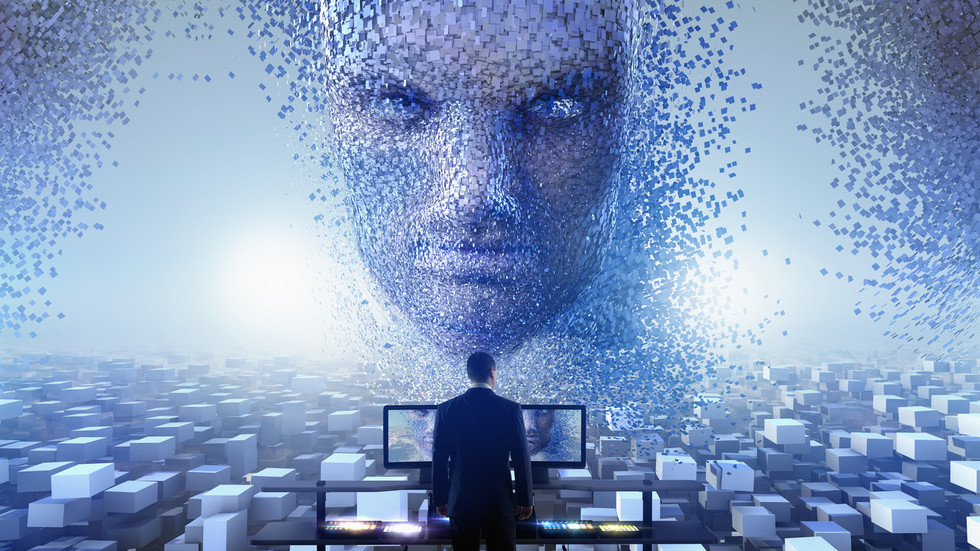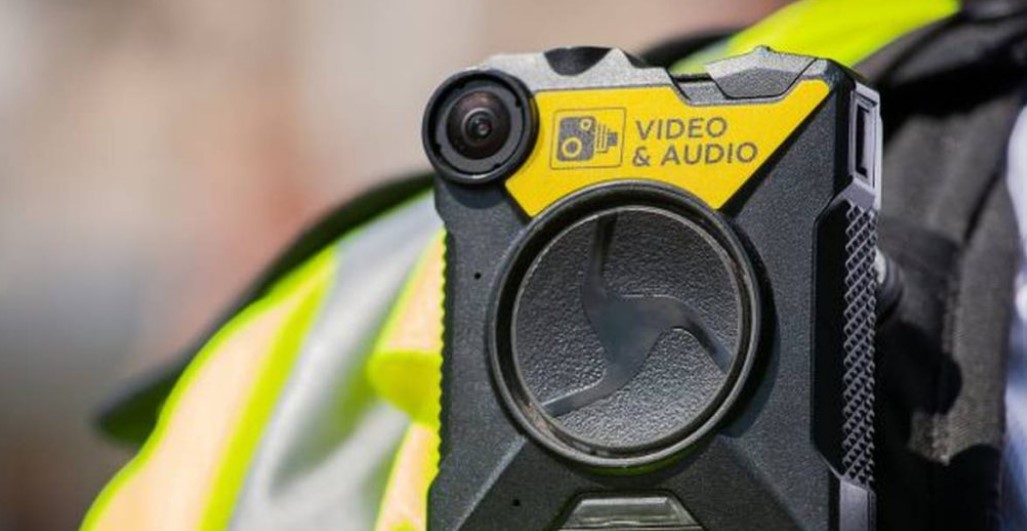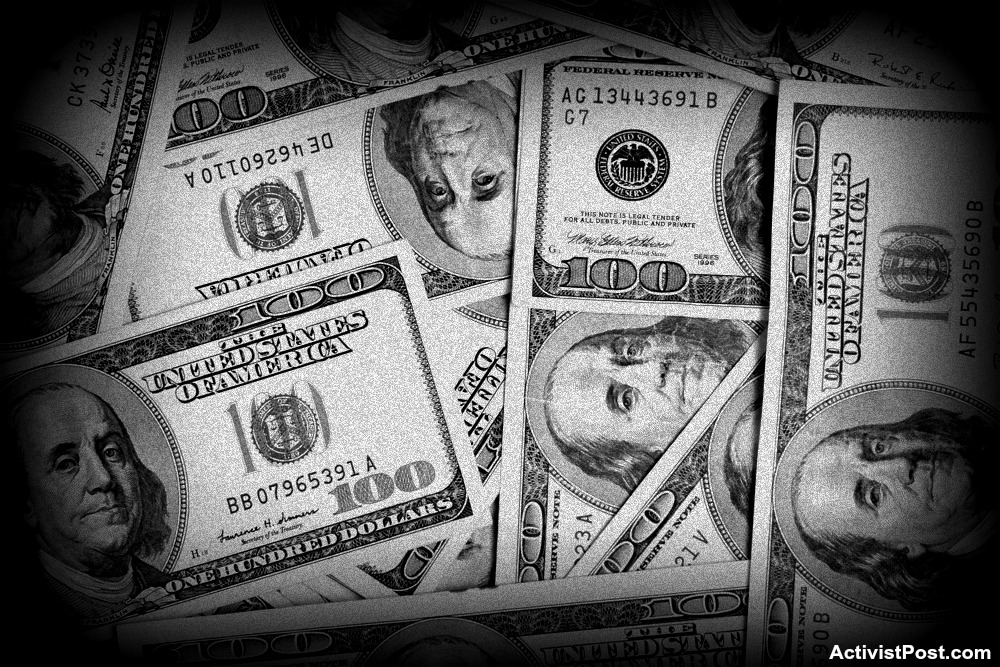Get out of my face! Facial recognition technology could enslave mankind like never before
from RT:

Advertised as the latest tool to give shoppers more convenience, facial recognition comes with deep costs to privacy and security. By the way, can anyone remember Silicon Valley asking for permission to use your face?
Mankind has long feared that some totalitarian state, as vividly described by visionary writers like George Orwell (1984), Aldous Huxley (Brave New World), and Yevgeny Zamyatin (We), will ultimately arise and enslave him in an inescapable technological dystopia.
However, it is not usually the technology, an inherently neutral force, which men fear most; the deep distrust is directed at the shadowy individuals behind the curtain who may be tempted to use their tinkering prowess for ulterior motives, like crushing human freedom underfoot.
Consider, for example, how futurists warned of the day when consumers would voluntarily line up for the pleasure of being ‘microchipped’ so as to more efficiently access the ‘matrix’ with a magical wave of the hand. Well, that drop of derangement has already seen the light of day. The technology, injected under the skin, was thought to be the end game, the so-called ‘mark of the beast’ according to some apocalyptic critics, as far as personal freedom is concerned. Unless human beings submitted to being electronically chipped, the doomsayers say, they would be barred from engaging in vital social activities, including shopping, banking or using the Internet. In effect a death sentence.
Today, however, with radical advances being made in the field of facial recognition technologies, it looks as though the promising chip has met its match.
In a recent article by Market Watch, a new ‘frictionless’ consumer dawn is on the horizon where cumbersome accessories like wallets and purses, together with the outdated cash and credit cards they hold, will be replaced by a payment scheme known as the “biometric mobile wallet.” Sounds like the ultimate gift this holiday season, right? Well, think again. First of all, the name of the technology is very misleading since there is no leather billfold to wrap up and place under the Christmas tree. That’s because the system works off an individual’s distinctive bodily features, face, fingerprints and retinas. In other words, the ultimate ‘face control.’
As to be expected, the article heaps boundless praise on the technology, which is on the verge of going live. Soon, harried shoppers will no longer have to fumble around in their purses to find their credit cards. Just stare blankly into the “in-store facial recognition machines” and you’re on your way. In addition to that small convenience it provides the consumer, it also has the added ‘advantage’ of making people spend more money, since the ‘frictionless’ transaction gives the illusion, and a potentially dangerous one at that considering the US consumer’s outstanding debt burden, that no dirty money has traded hands.
Still, something doesn’t feel right. Perhaps it has to do with the summary of the article, which says that the deployment of facial recognition will remove “the last physical barrier between our bodies and Corporate America.” I felt the urge to take a very hot shower after reading that line. And later in the same article, the creep factor went into overdrive with a similar quote by Aram Sinnreich, associate professor of communication studies at American University.
“Every technological necessity exists in the real world and is used commercially,” Sinnreich said matter-of-factly. “It’s the neoliberal takeover of the human body.”
Yet, another loaded comment, and one that screams ‘enslavement’ minus the unfashionable chains of yesteryear. The question is, who will exactly benefit from this so-called “technological necessity” and to what end? The only real benefits that I can see from facial recognition, at least from the consumers’ perspective, are that people no longer have to worry about losing their wallets, or wasting an extra 30 seconds using their credit cards.
Loading...



